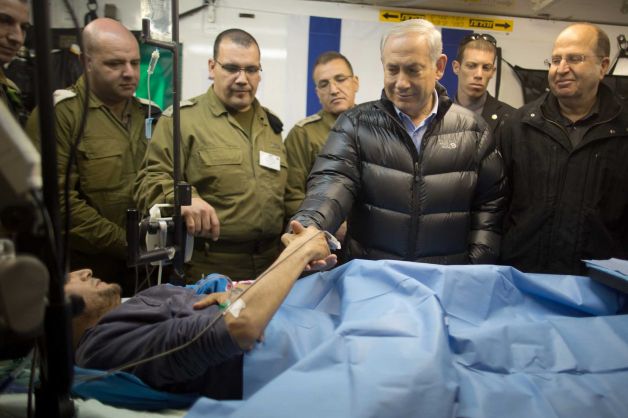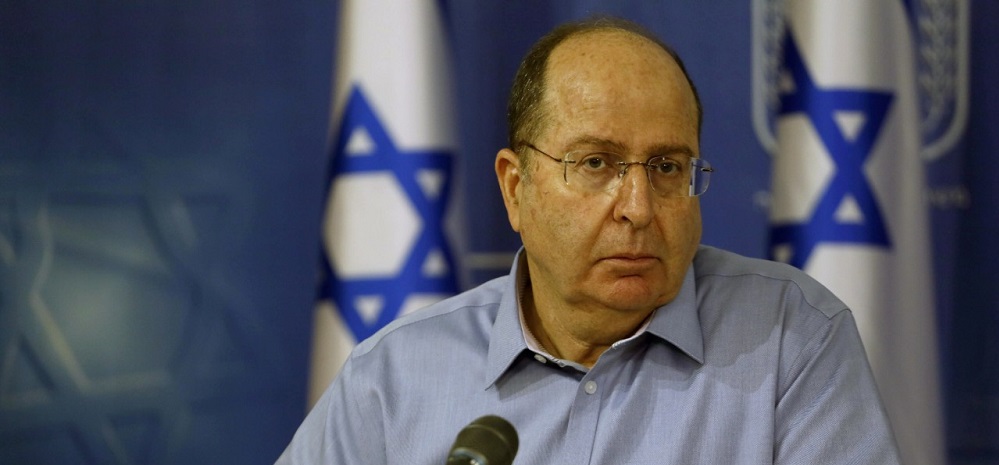Alwaght- ISIS terrorist group on at least one occasion apologized to the Israeli regime for mistakenly attacking the regime’s troops in the occupied Golan Heights, a former Israeli War Minister has revealed.
Touching on the Israeli regime’s policy towards Syria, former Israeli war minister Moshe Ya’alon accidentally acknowledged that the Tel Aviv has an open communications channel with an ISIS cell which operates in Golan Heights.
“There was one case recently where ISIS opened fire and apologized,” Ya’alon was quoted saying by the Times of Israel.
When asked by the publication to expand on his controversial statement, Ya’alon’s office refused to elaborate. The regime’s army also declined to comment.
Ya’alon served as Israel's War Minister from 2013 until his resignation in May 2016, and his comments were reportedly referring to the first direct incident involving clashes between Tel Aviv and ISIS.
While the Israeli regime claims to be pursuing neutrality in the Syrian conflict, Tel Aviv has in the past and on several occasions attacked Syria whenever the country’s army made gains against terrorists, Syrian officials, including president Assad say. The Israeli regime also attacks Syria to target positions of the Lebanese resistance movement Hezbollah which is assisting Syrian forces in the war on terror.
Meanwhile on November 24, 2015 The Voltaire Network said journalist Sharri Markson got firsthand accounts from wounded terrorists receiving treatment at Israel’s Ziv Medical Centre, “specializing in war traumology…government-run and linked to the Israeli forces.”

Israeli security forces detained and interrogated her in a “heavy-handed” way for exposing what they want kept secret. In September 2014, a photo of Israeli regime’s premier Benjamin Netanyahu and Ya’alon visiting terrorists receiving care in an Israeli hospital went viral online – Netanyahu seen shaking a terrorist’s hand.
According to the al-Araby al-Jadeed newspaper, “Israel has in one way or another become the main marketer of ISIS oil. Without them, most ISIS-produced oil would have remained going between Iraq, Syria and Turkey. Even the three companies would not receive the oil if they did not have a buyer in Israel.”



























